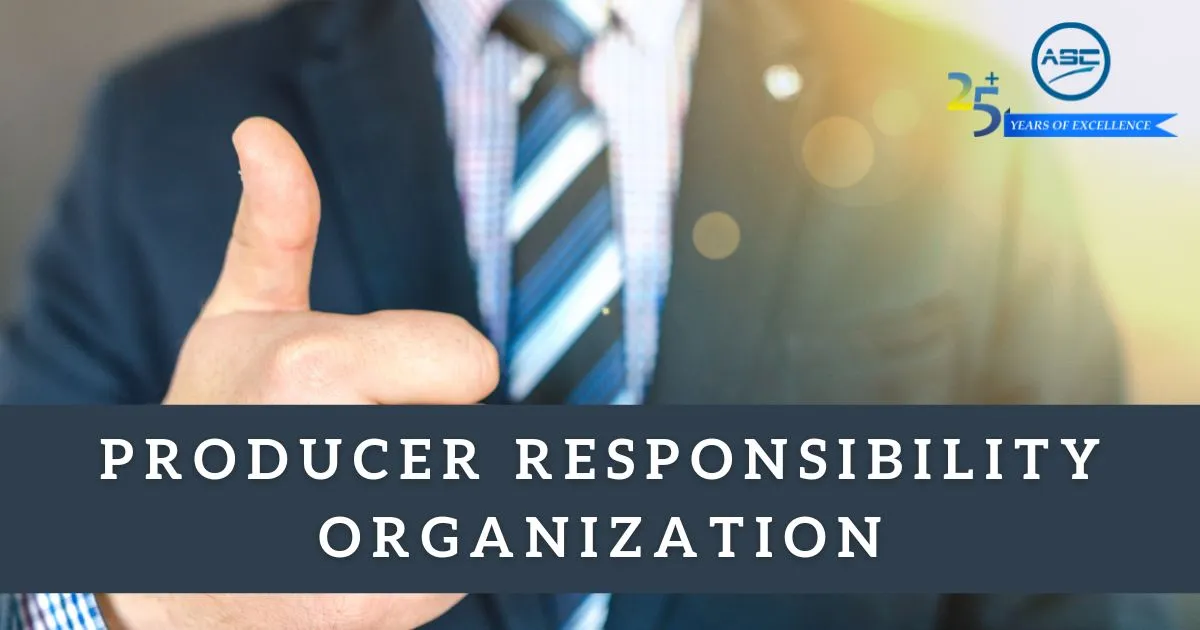


The Extended Producer Responsibility (EPR) placed responsibility on the producers to deal with end-of-life waste management. This was an important step towards environmental conservation as measures were needed for the proper disposal of waste products. However, the producers were given the option to delegate the EPR responsibilities to third-party organizations against certain fees. These organizations are known as Producer Responsibility Organizations. Let’s understand how Producer Responsibility Organizations (PRO) function and what is their role in EPR waste management.
The producers and importers are given an option whereby they can either manage the EPR themselves or by engaging third-party organizations like Producer Responsibility Organizations. PROs need to obtain Producer Responsibility Organization registration with the CPCB by filing the application form. It then enters into an agreement with such producers, importers or their consortium. Their key responsibility includes the collection and channelisation of e-waste generated from end-of-life products.
Producer Responsibility Organizations primarily undertake the responsibility to manage the Extended Producer Responsibility of the producers. In such a case, the producer responsibility organization roles for EPR include the following:
Producer Responsibility Organizations can significantly reduce the burden or EPR compliance for the producers or their consortium. Apart from fulfilling the EPR responsibilities of the producers, PROs also perform related functions like compliance management, plastic recycling etc. Further, they aid environmental agencies like the Central Pollution Control Board (CPCB) in monitoring the stakeholders like producers and importers while also assisting them in making sound decisions in relation to environmental policies. In case you need any assistance with EPR registration and compliance, feel free to contact the ASC Group.
























































Leave a Reply
Your email address will not be published. Required fields are marked *